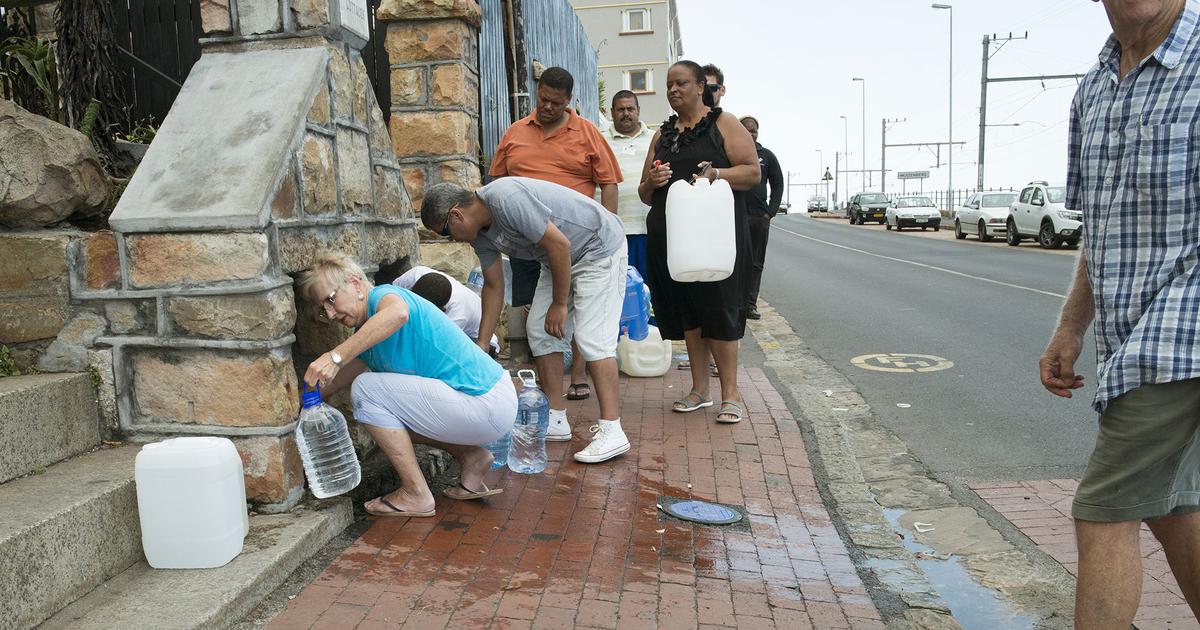Global Water Crisis Poses Detrimental Threat

by Brynn Smith ’19
The majority of Americans turn on their water faucets and immediately have access to clean, running water, and they believe that will always be the case. Many take for granted that a planet made up of 71 percent water will always be able to sustain their need for the resource. This is not the case. Only 2.5 percent of that water is fresh and very little of it is actually accessible to the human population. And that tiny percentage of drinkable water is decreasing every year.
With climate change causing warmer temperatures, rivers like the Colorado, in the Western United States, dwindle as the mountain that feed them get less and less snow every year. As the Colorado flows south it quenches five major American cities and almost six million acres of farmland, but by the time it gets down to Mexico the river is all but dried up. Towns easily quenched only 30 years ago are left virtually barren.
A global water crisis is spreading across the world. Everywhere from Flint, Michigan to Cape Town, South Africa to the entire country of India are experiencing either contaminated water or a complete lack of it that is only going to get worse. Cape Town was extremely close to reaching what the world deemed “Day 0,” the day the city’s water taps were expected to run dry. Such a catastrophe was prevented through intense water management programs, and the lucky fact that it rained. While part of the reason for water shortages is erratic climate change, the other factor is just plain human folly.
Desalination, the process of removing salt from water, currently takes up huge amounts of money and energy. Refining the process and making it more attainable should be a goal for all conservation scientists, but in the end the real solution to water supply comes down to the way it needs to be restricted. As of now, very few constraints are placed on water in the global market, which means it’s used for inane processes like growing crops that need a significant amount of water to thrive in deserts. To keep the precious resource from running out, the world needs limitations on its uses.
As of May 2018, California has placed permanent restriction on the individual use of water. Spurred on by a drought that lasted years, Governor Jerry Brown, recognized the need for change. Even in non-drought years, the curtailment of water requires cities and water districts to set strict annual water budgets, potentially facing fines if they don’t comply. These adjustments to water policies are a model for other places in the world on the brink of losing their fresh water supply.
The governments of the world need acknowledge the worsening water crisis. They need to begin placing limitations on the use of it, to ensure future generations have necessary access to it. People need to stop seeing water as something that will always be there, because if they continue they way they are going, it won’t be.